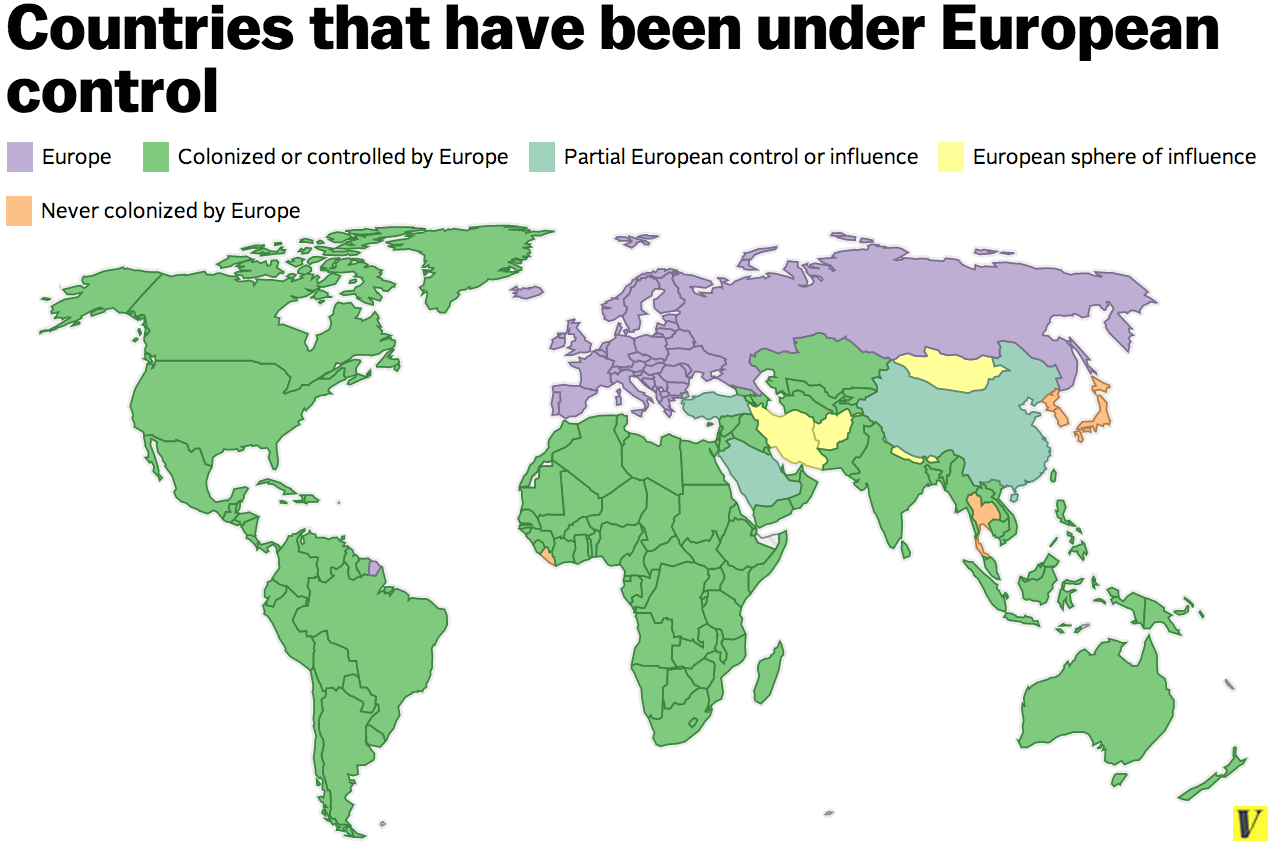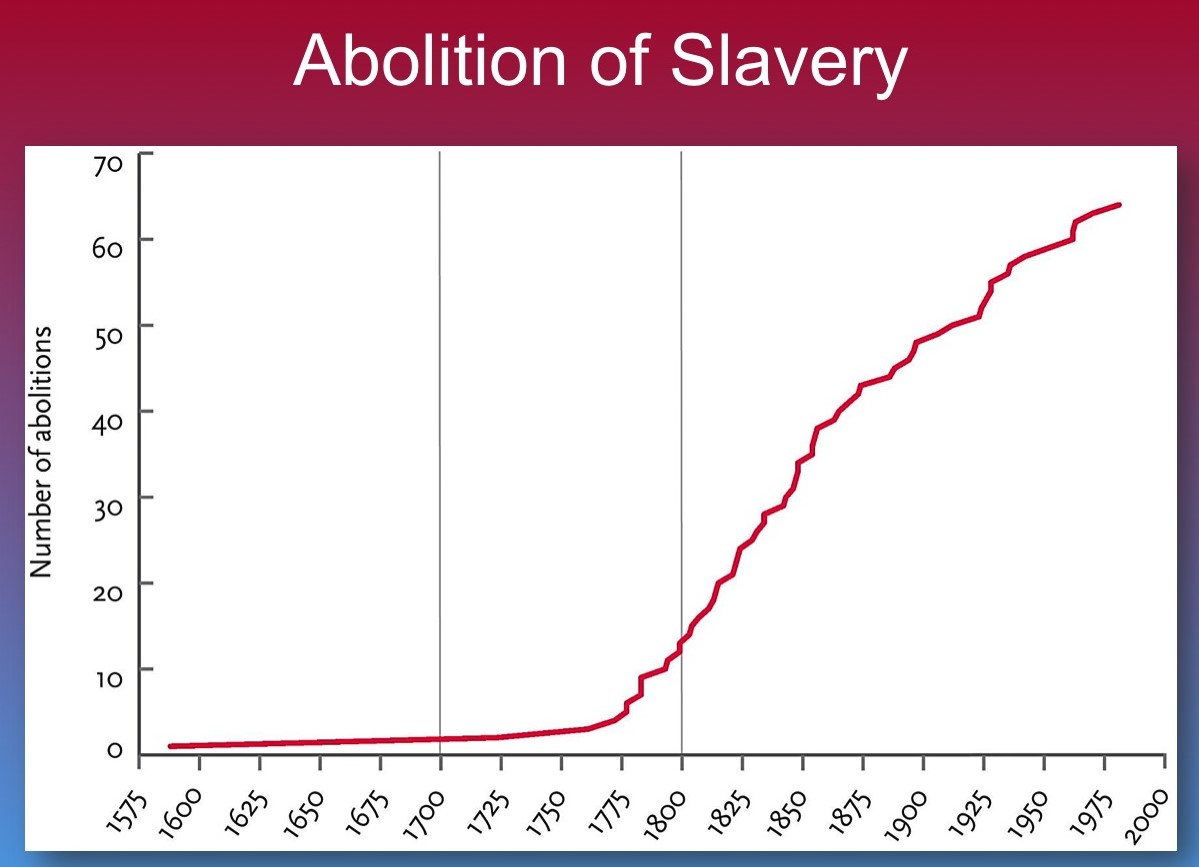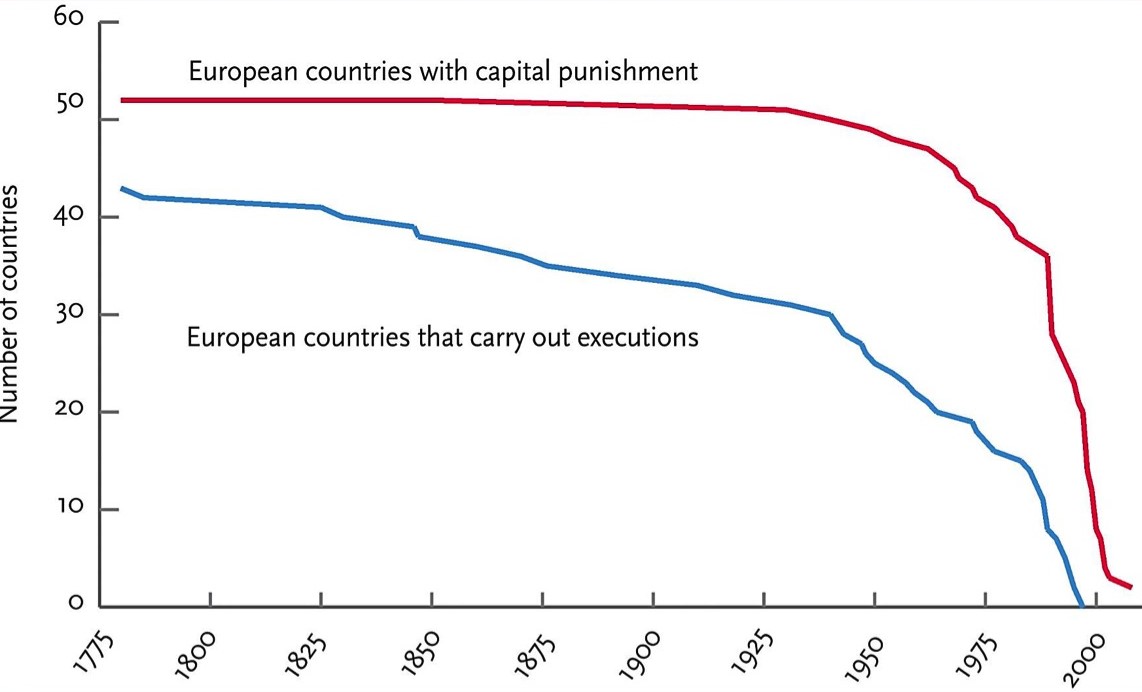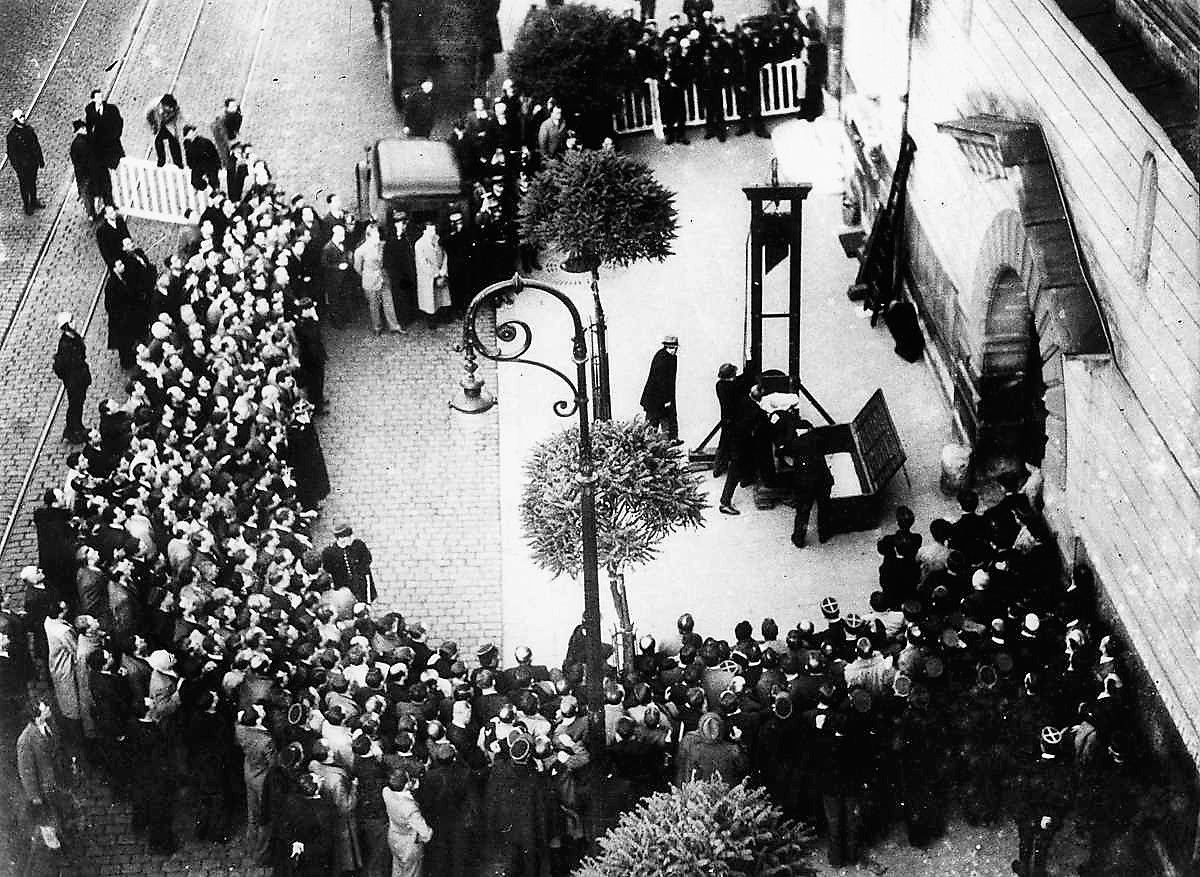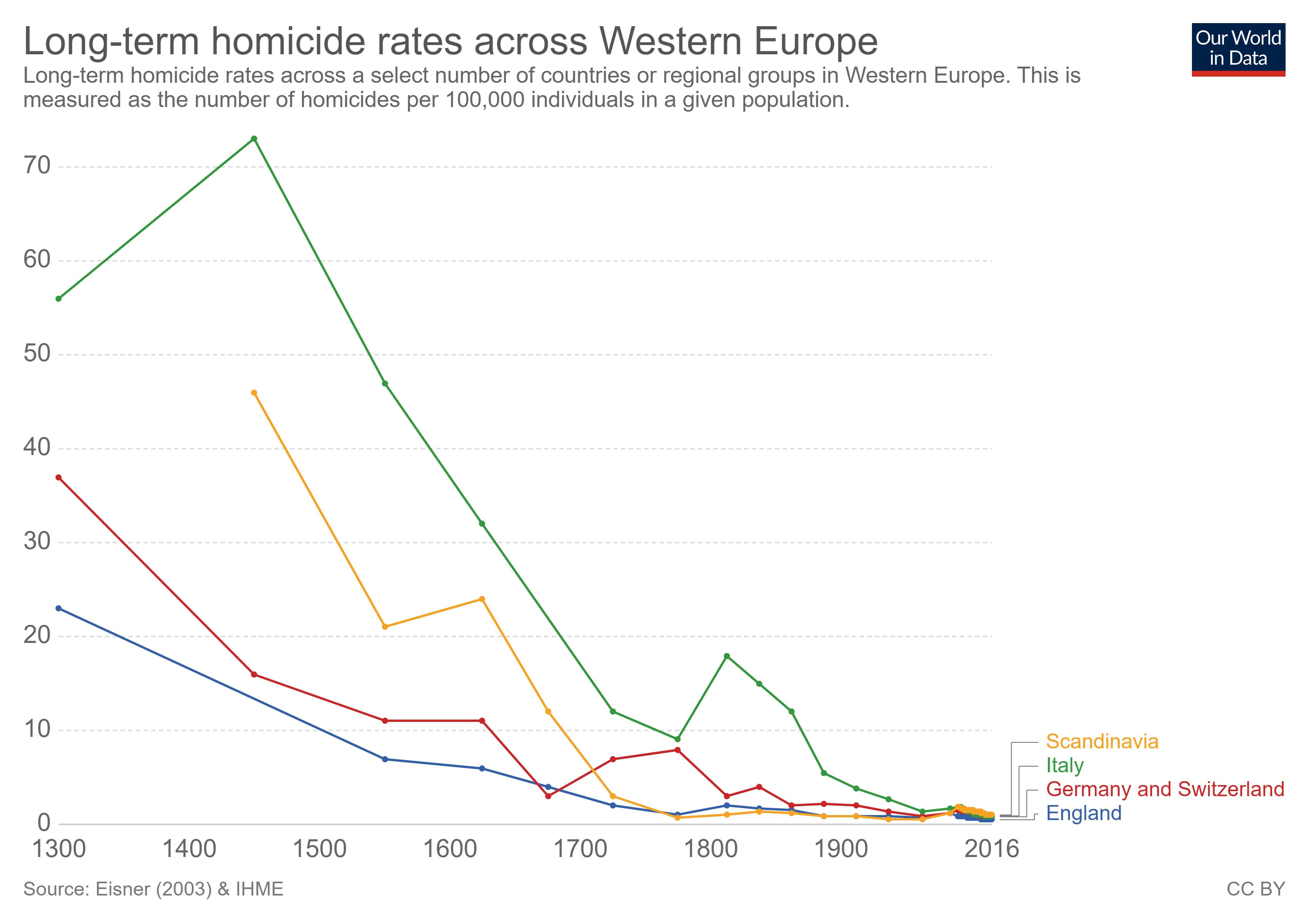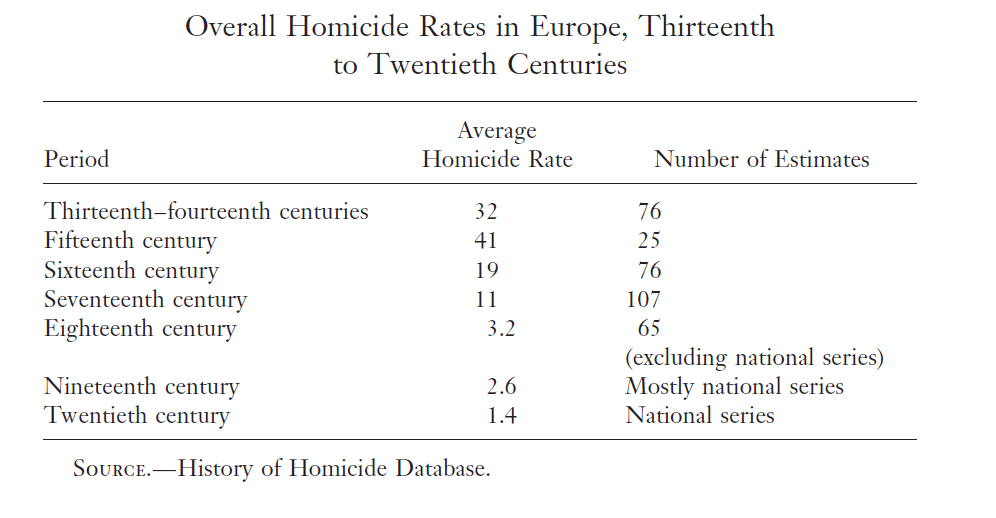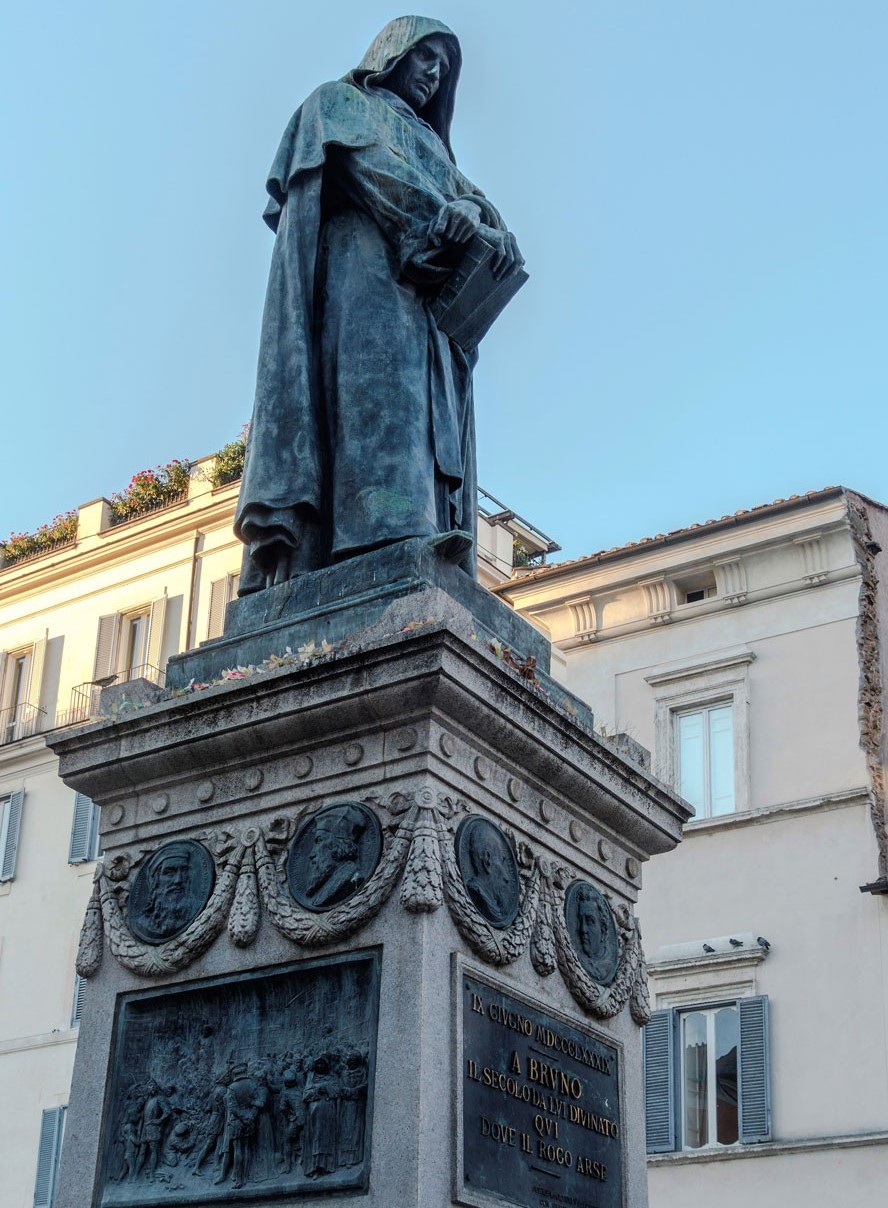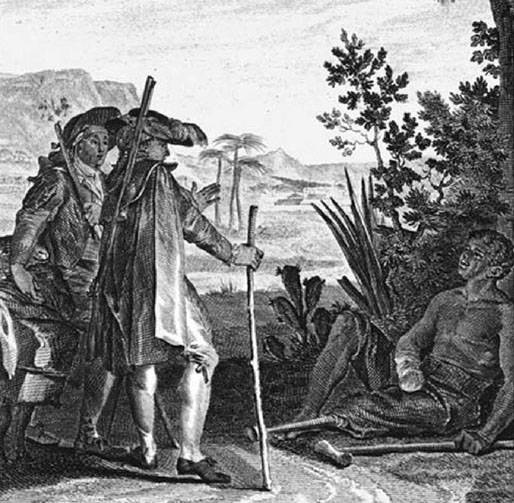Candide (1759) is a dark book. Behind a brilliant façade of humour, the main character is witnessing or experiencing suffering in all its familiar forms. By the end of Voltaire’s iconic novel, Candide renounces his faith in his mentor’s optimistic worldview. In fact, this is a major theme of the book: Candide, the innocent young man, grows up and out of his optimistic naivete. In one scene, a frustrated Candide is asked to explain optimism and he replies that “it is the mania for insisting that all is well when all is by no means well.” Two and half centuries later, could we claim that there is any reason for optimism?
The data below compares two points in time; the approximate period for the events of the novel and the start of the second decade of the 21st century which is a few months away. The focus is on Western countries but the same trends are at work globally. The list below is of tragedies Candide experienced first-hand or witnessed and how likely they are to happen today:
1. Wars
1750
War in Europe, as everywhere else, was expected to erupt between neighbors. Candide saw entire villages burnt. Armed conflict between groups had been the norm for thousands of years. A travelling companion to Candide questioned in particular the Seven Years’ War (1756-1763), between England and France. The pope’s centuries-old army also gets a mention. In another part of the book, a war was waged by a Bulgar army where whole villages were burned down and civilians were disemboweled and raped.
2020
Steven Pinker famously wrote in the preface to his book, The Better Angels of Our Nature: Why Violence Has Declined:
[T]oday we may be living in the most peaceable era in our species’ existence. The decline, to be sure, has not been smooth; it has not brought violence down to zero; and it is not guaranteed to continue. But it is an unmistakable development, visible on scales from millennia to years.
The last war in the Western hemisphere has ended as the 2016 Colombia Peace Agreement is signed between the South American state and the FARC rebels. As for the remaining armed conflict around the world, they are governed by the laws of war stipulated in the Geneva and the Hague Convention protocols. War crimes such as torture and rape have decreased significantly and violators are pursued in international courts.
Also if Candide were to live in Europe today, he’d be less likely to get forced into conscription, as he was earlier in the story. Out of 27 European Union nations, 21 ended military conscription. As for the pope’s army who once waged wars against neighboring Italian states, it has been reduced to 110 Papal Swiss Guards who are happy to pose for photos with tourists!
2. Colonization
1750
Colonization lasted from 1500 to 1900. Candide would have witnessed the effects of the first wave of European colonization. It involved mainly the Americas, hence it is often labelled the Age of Discovery. Two of its most brutal features were the African slave trade and the expulsion and killing of indigenous populations. The second wave was “a scramble for Africa” and parts of Asia, like India, from the late 1800s.
2020
By the early 20th century colonization started rolling back as the idea of self-determination became widely accepted. However the newly drawn borders created catastrophic conflicts for some young nation-states, and others were or still are ruled by autocrats or kleptocrats. To this day, some conflicts resurface.
3. Slavery
1750
One of the most memorable scenes in the novel is one where Candide meets a mutilated slave working on a sugar plantation. Curiously Africans were not the only example of slaves we find in the book: Europeans are also temporarily enslaved such as Candide himself and his beloved girl. Slavery, in many forms, could be found in most societies across history, however Africans were the ones who suffered under its shackles the most. At the time of the publication of Voltaire’s novel the Atlantic slave trade was yet to reach its peak. It’s estimated that 44,000 slaves were transported across the Atlantic in the late 18th century.
2020
The abolition of slavery as a movement (1783–1888) took shape and sovereign states started criminalizing the slave trade. The last two countries to abolish slavery were Saudi Arabia (1962) and Mauritania (1980).
Although slavery, the ownership and trade of other humans as commodities, is finally a relic of history, there’s still millions victimized by human trafficking and forced labor.
4. Sadistic punishment/Judicial torture
1750
Candide is caught after deserting the military service which he was forced into. He’s subjected to torture before he’s sentenced to execution (he’s saved by the King himself at the last minute). In another scene, he’s sentenced to a public flogging for listening to the heretic philosopher, Pangloss. Torturous punishments such as flogging, maiming, impalement and amputations were once in every society. Thanks to Enlightenment thinkers like Voltaire, people’s tolerance for these punishments vanished and within a few decades they were considered barbaric.
2020
Voltaire died just before the French revolution which would eventually produce the Declaration of the Rights of Man and of the Citizen (1789). It was one of the most important legal documents of modern history. It evolved into the Universal Declaration of Human Rights (1948) initiated by the United Nations General Assembly. Almost all countries adhere to its ban on torture and those who still break it do so in secrecy realizing that it breaks international law and could have severe transnational consequences.
5. Capital punishment
1750
In one scene, Candide was almost executed for deserting the army. In another, Candide’s mentor, Pangloss, is executed publicly in an auto-de-fé. Candide also witnessed the execution of a British admiral by a firing squad in a scene based on an real infamous event. Capital punishment was not only the standard punishment for murderers, but for a long list of minor offenses like robbery. Public executions towards the end of the 1700s were turning into entertaining events where parents go to watch with children.
2020
The death penalty has been abolished in all of Europe except Russia and Belarus. In Russia, it has been suspended indefinitely.
As for public executions, we now view them with revulsion. The last public execution in France, and in Europe, was by the guillotine in 1939. Three years earlier, USA had had its last public execution (by hanging).
The world has ceased executing criminals by methods like flaying, sawing or boiling. Almost all countries adhere to human execution that is quick, humane and clean (i.e. not gory).
6. Homicide
1750
In Candide’s world, murder was more prevalent. In fact, he himself committed murder several times, albeit in self-defense.
2020
Homicide, as other forms of violence, have plummeted around the world. In Europe, the homicide rates fluctuate within a narrow range of 0.5 to 2 per 100,000.
7. Persecution/Discrimination against minorities
1750
When Candide was hungry and roaming the streets, he encountered a Protestant street preacher who refuses to give him bread because Candide is Catholic. Instead he asks him whether he knew that the the Pope is Anti-Christ. In the story, Catholics and Protestants are shown as enemies which was true for a long time before the book was published. Discrimination is a dark chapter in almost every nation’s history where existed ethnic or religious minorities. In Europe, Jews and the Romani people (gypsy) were often treated as outsiders. In the US, Quakers, Mormons, Italians, African-Americans and Native Americans were also the target of discrimination. Mistreatment and segregation often evolved into deadly riots, pogroms and lynchings.
2020
Violence towards minorities began declining in the mid 1800s in Europe. In the US, the same trend was evident since the mid-20th century. Today in Western countries race riots, pogroms and lynchings no longer happen. Thanks to better governance, better policing and general distaste for violence. Also the general public no longer accepts demonization of minorities living within their societies. Moreover, there are governmental and corporate initiatives to engage members of minorities by ensuring they’re better represented in the public sphere. Some of such policies are affirmative action and equal opportunity employment.
8. Rape/Status of women
1750
Women in Voltaire’s Candide suffer from rape and sexual slavery. Candide’s beloved, Cunégonde, is captured after a battle and kept as a sex slave for three months. An old woman Candide encounters is also captured in her younger years and kept as a sex slave. Women in the world of Candide are vulnerable as women were most of human history. Men always demanded from them chastity yet seized it by force when the circumstances were right.
2020
Women are still victims of sexual assault and violence, particularly by intimate partners, however the overall trend is on a decline as other forms of violence. Women victimized by rape could resort to many organizations to help them overcome its trauma. No one argues today against giving women the same rights as men. Michael Shermer summarizes that movement in his book The Moral Arc as follows:
Political, economic, and social advances, enabled by scientific, technological, and medical discoveries and inventions, have increasingly provided women not only greater amounts of reproductive autonomy and control, but have also driven an expansion of their rights and opportunities in all areas of life, leading to healthier and happier societies across the globe.
9. Freedom of speech/Heresy trials
1750
Pangloss, Candide’s mentor and philosopher, is declared a heretic. His secular optimism did not align with the Christian belief in original sin. He’s sentenced to be burnt at the stake. Candide is also punished with public flogging for just listening to his heresy. In another scene, Candide meets a Venetian nobleman who admired the “relative” freedom of speech in England:
‘[I]t is a fine thing to write what one thinks; it is man’s natural privilege, after all. In Italy, wherever you go, we write only what we do not think; the descendants of the Caesars and the Antonines dare not entertain an idea without the permission of a Dominican monk. However, I would be happier with the freedom which inspires the English genius'1Voltaire, Candide, or Optimism, trans. Theo Cuffe (London, United Kingdom: Penguin Classics, 2005), 77.
To modern readers, Voltaire’s reference to “the permission of a Dominican monk” might not be obvious but for centuries it was a clear allusion to the Inquisition. The Dominican monks played a heinous role in Christendom where they threw charges at “heretics,” who then were put on trial and subjected them to torture. Countless of them were executed. The shameful work undertaken by the Dominicans earned them a popular pun on their name in Latin: Domini Canes (God’s dogs).
It is no surprise that the French philosopher of free speech, Voltaire, included such scene in his book. That was a typical technique he employed to criticize his home country. It’s impossible to know how many perished in the Crusades, how many were tortured or burnt in the Inquisitions. At the time Voltaire was writing these words, witch-burnings (mainly between 1450 and 1750) were still fresh in the memory of the European public. In Germany alone, an estimate of 6887 were killed in such trials. The Inquisition started in the 12th century and lasted in some regions until the 19th century. Although the Spanish version was especially brutal, the Inquisition, as obvious in the above quote, was taking place far beyond. Italy, in particular, had a long history of heresy trials before the Galileo affair (1633) thanks to the Papal Inquisition which lasted from 1231 to 1820.
2020
Six decades after publishing Candide, the centuries-old Inquisitions came to an end all over Europe. Skepticism, reason and science shifted the general attitude towards tolerating different and opposing opinions. Another reason behind the decline was a healthier preoccupation with the material improvement of people’s lives—here and now—rather than their souls and the hereafter. Also European governments began granting all their subjects equality and full citizenship rights regardless of their supernatural beliefs.
If Voltaire would walk out of his grave today, he would find the issue of freedom of speech in particular the most important on this entire list, for without it we could not openly debate the other injustices. This is the one issue on this list that would’ve affected him personally and probably altered his writing career and style. The French philosopher was one of the loudest voices of the Enlightenment calling for freedom of speech. Today that freedom remains fragile. Let’s all ensure it survives the challenges of the 21st century.
You might also like:
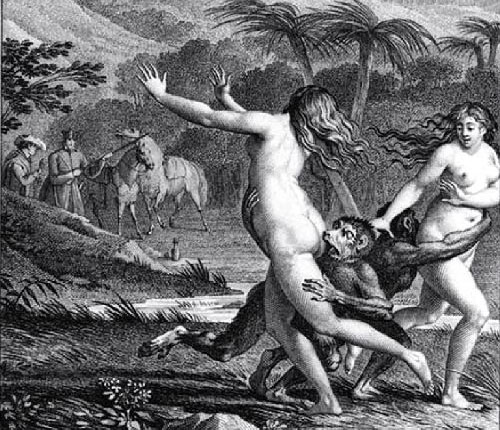
Candide: The shocking passages
Condemned by the French government and the Catholic Church: Read the controversial passages from Voltaire’s Candide (1759)
BOOK: CANDIDE

Why Voltaire mocked Canada as ‘a few acres of snow’?
He also called it the land of ‘barbarians, bears and beavers’
BOOK: CANDIDE
Endnotes


